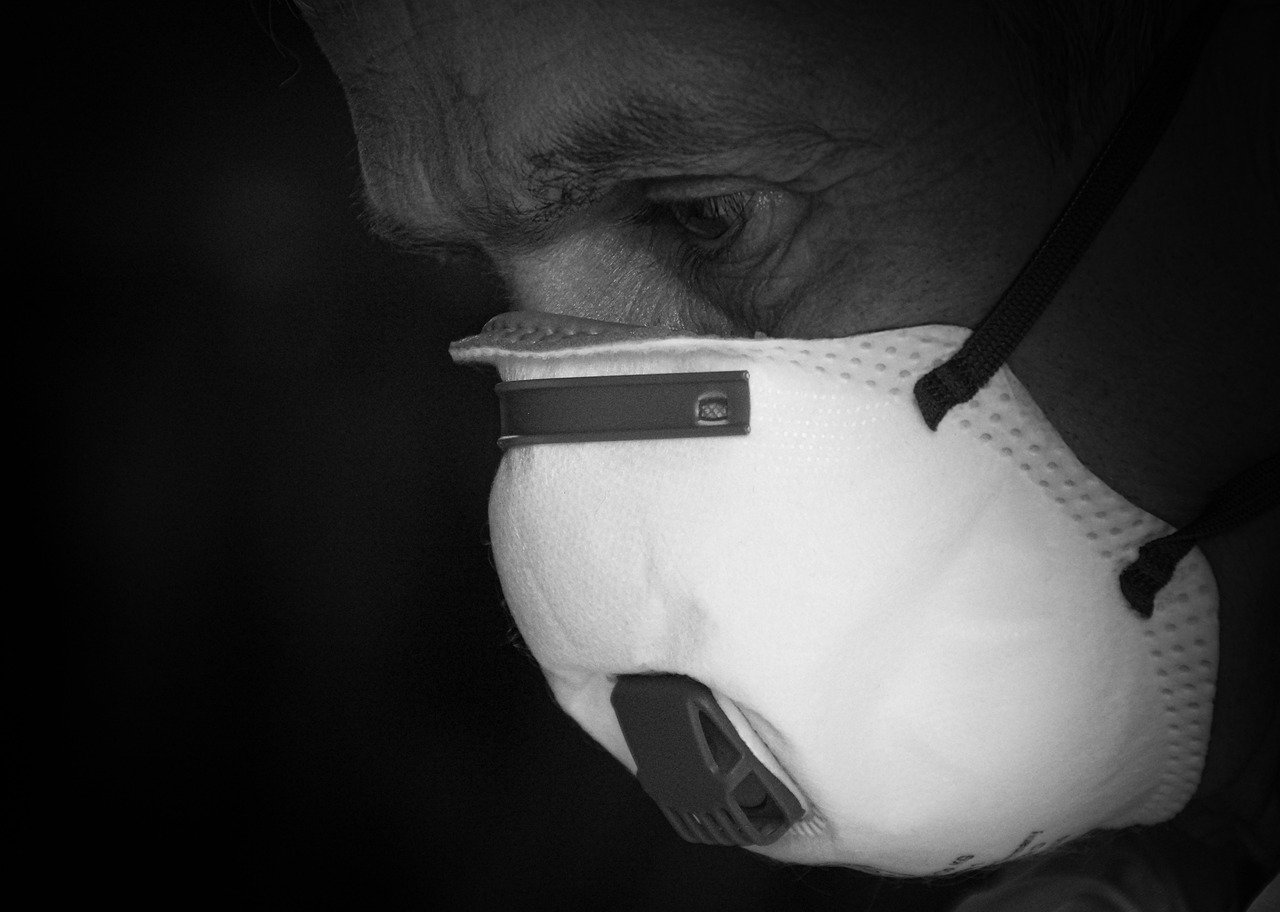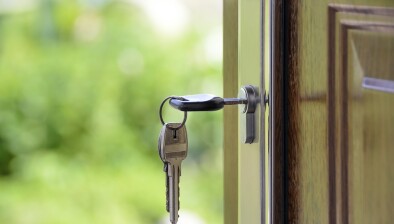Tougher restrictions in place for tradesmen entering private homes
Nicola Sturgeon has tightened the rules on tradesmen and women entering private homes during lockdown but construction sites are permitted to continue with current operating procedures.

The First Minister had previously hinted that construction sites may be told to shut as part of additional lockdown restrictions for non-essential work to help reduce the number of coronavirus cases.
In a statement to the Scottish Parliament on Wednesday, Ms Sturgeon outlined six areas where tougher rules were to be applied, with only laws on workers entering private homes having an impact on the construction sector.
She said: “We will strengthen the provisions in relation to work inside people’s houses.
“We have already issued guidance to the effect that in level 4 areas work is only permitted within a private dwelling if it is essential for the upkeep, maintenance and functioning of the household. We will now put this guidance into law.”
The Scottish Government will also strengthen the obligation on employers to allow employees to work from home with ‘statutory guidance’.
Other new lockdown rules, which come into force from Saturday January 16, include:
- Limit the availability and operation of click and collect retail services
- Apply restrictions to take-away services - customers cannot go inside to collect food or coffee
- Against the law to drink alcohol outdoors in public
- Tougher ‘stay at home’ guidance
During a daily coronavirus briefing last week, Ms Sturgeon had said: “In the last lockdown non-essential construction and manufacturing didn’t operate for a period, they’ve both done an awful lot to make their operations safer but we have to keep all of that under review.”
She added: “Don’t take this as decisions, but construction, manufacturing, click and collect services – these kind of things. I noticed in the Republic of Ireland yesterday in their latest restrictions they’ve restricted click and collect and non-essential construction – that shouldn’t be taken (as) an indication that we’re definitely going to do that, but that’s the kind of thing we need to look at if we have a concern that we’re not sufficiently reducing the number of people out and about and interacting.”
Ken Gillespie, Construction Scotland, Industry Leadership Group and member of the Scottish Construction Leadership Forum Executive Group, has urged all of the construction industry to “play its part” during the latest lockdown by following safety measures to stop the spread of COVID-19 and strictly follow the updated guidance.
Construction companies and workers are urged to review safety in their own workplaces referring to the addendum to the new Safe Operating Guidance published by Construction Scotland.
The updated guidance reinforces measures already in place, reinstates previous, stricter requirements and introduces new measures. These include stricter management of Toolbox Talks to avoid close contact, minimising of car sharing, home working where possible, increased ventilation, greater use of face coverings and stricter cleaning.
Mr Gillespie said: “The new variant of the virus spreads more easily, so all the rules in place to protect you, your family and your community are more important than ever before.
“Recognising the new variant and the understanding of aerosol transmission between people inside at greater than 2m distance, the industry safe operating guidance has been strengthened and it is essential that everyone working in construction should revisit this guidance.
He said: “We are once again at a critical stage in controlling the virus and whilst we know that the vaccine is on its way there are tough weeks ahead and it is all of our responsibilities to play our part in stopping the spread.
“The relevant guidance is available to all. Please go now and review it for your workplace, reinforce messages to all team members and take whatever steps are necessary to make it as safe as it can practicably can be.”







